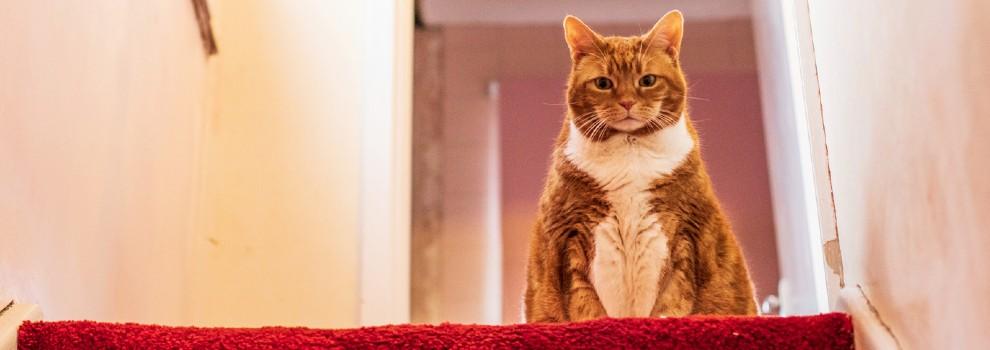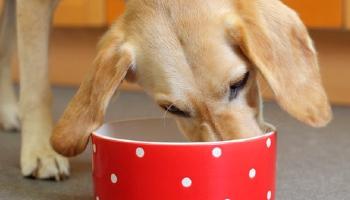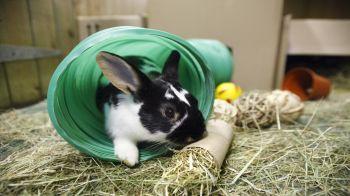Pet Obesity - Causes, Treatment & Prevention | RSPCA - RSPCA
Health problems caused by pet obesity
Pet obesity can cause serious health problems, and make existing problems worse, which can reduce the length and quality of your pet's life. It puts them at greater risk of conditions such as:
- Diabetes
- Heart disease
- Respiratory distress
- High blood pressure
- Cancers
To help your pet keep a healthy weight, download a Pet Size-O-Meter from PFMA.
Is your pet at risk of obesity?
Several factors can make obesity more likely in your pet. For example, in dogs:
- Breed - certain breeds have a higher risk.
- Age - the risk increases with age.
- Neuter status - neutered dogs are more at risk.
- Sex - apart from older dogs, obesity is reported to be more common in females.
- Obese owner - may lead to having an obese dog as it may be exercised less, or less able to recognise obesity.
Other animals have similar risk factors for obesity.
Is your dog overweight?
Here are a few simple checks you can do to see whether your dog is overweight:
- You should be able to see and feel the outline of your dog's ribs without excess fat covering.
- You should be able to see and feel your dog's waist, and it should be clearly visible when viewed from above.
- Your dog's belly should be tucked up when viewed from the side.
If your dog doesn't pass these checks, or if you're in any doubt, consult your vet. They'll be able to give your dog a health check and will recommend a weight reduction programme if they think it's necessary.
Is your cat overweight?
Here's how to check whether your cat is overweight:
- You should be able to see and feel your cat's ribs, spine and hip bones.
- Your cat's waist should be clearly visible when viewed from above.
- Your cat's belly shouldn't be sagging underneath - there should only be a small amount of belly fat.
If your cat doesn't pass these checks, speak to your vet, who'll be able to give them a health check and if necessary recommend a weight-loss programme to help them get back into tip-top condition.
Preventing pet obesity
Obesity can affect all types of pet. It's mainly caused by eating too much or not exercising enough, although some diseases can also cause obesity.
To help prevent obesity in your pet, make sure they maintain a healthy diet and give them plenty of exercise. If you're concerned about your pet's weight, contact your local vet.



